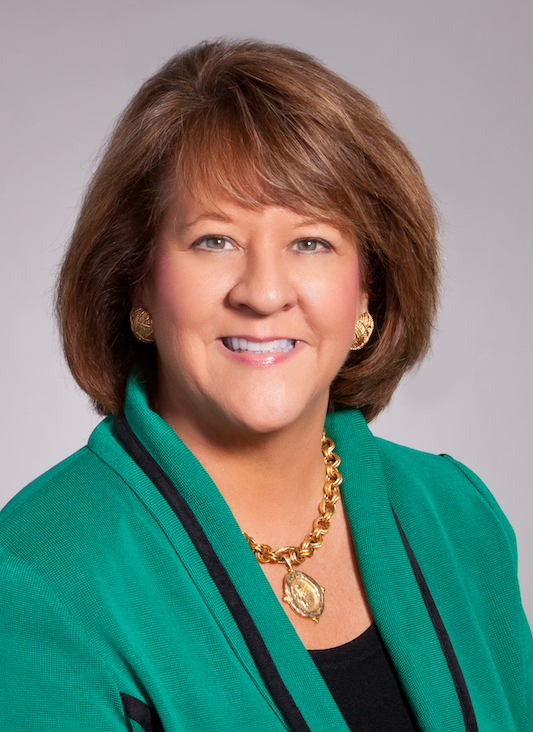The Light of Learning
The President’s Column
The Light of Learning
The President’s Column
 H istory’s lessons teach us that our world and every aspect of it evolves, just as it does in the pursuit of higher education. Indeed, it is the promise of learning, growth, and betterment that marshal the forces of change in our individual lives; beyond that promise, education is hollow.
H istory’s lessons teach us that our world and every aspect of it evolves, just as it does in the pursuit of higher education. Indeed, it is the promise of learning, growth, and betterment that marshal the forces of change in our individual lives; beyond that promise, education is hollow.
Meredith’s founders spent years advocating for a first-rate women’s college. They urged the Baptist State Convention to accept their proposals for its establishment, rode the countryside accepting donations (often as little as a single dollar) in support, and scrimped and saved to ensure women – some, not all – had the same access to higher education as men.
From its earliest days, Meredith adopted the lamp of learning and light – LUX – as its calling. We welcome the light of knowledge and learning, and we embrace the growth, difficult as it may be, that comes with change. Some of that change has brought us a greater sense of our world and the humanity we are called to serve, as in the admission of women of color in the late 1960s and early 1970s. Other changes brought us more expansive avenues to the world, provided through the early global work of many of our faculty and graduates and extending to today’s emphasis on study abroad.
Yet more change came when we encouraged students to be greater partners in exploration and learning – through collaborative projects, research, community-based learning, and other forms of educational empowerment – rather than the monolithic teacher as dispenser of all knowledge. And COVID-19 has surely taught us more ways to access and exchange information, give more students a voice in discussions, and have greater say about the direction of those discussions. On the other hand, COVID also showed with great clarity the disparity in resources and opportunities needed for learning.
Our achievements in these days are captured in the powerful symbolism of light. As we open our hearts to greater understandings of our failures, we can move toward that light. As we open our minds to more creative means of including all sorts of learners and learning styles, we move toward that light. And as we welcome the science and the art of responding, coping, growing, and flourishing as critical aspects of change, we move toward that light.
Let us commit to embracing the changes that open doors and hearts and minds. LUX.
President Jo Allen, ’80
